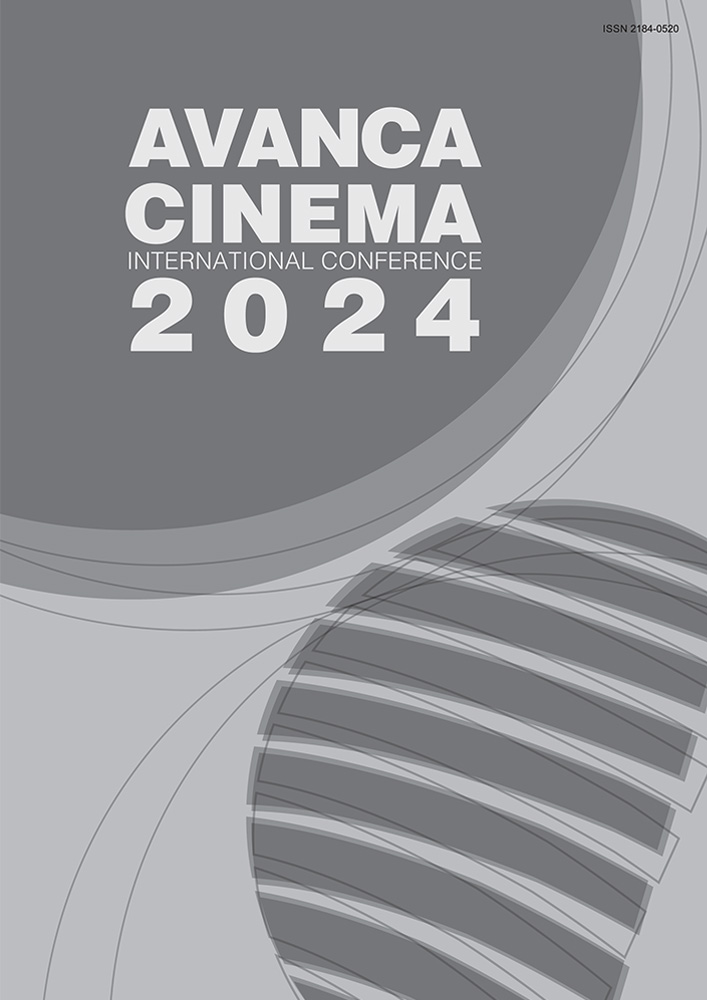Chapter I _ Cinema - Art
The share confession and the generacional portraits in the new documental films aesthetics El olor de aquel lugar (2012), Bosco (2021) y Alcira y el campos de espigas (2023)
Abstract
The study focuses on three Uruguayan documentary films, of the autobiographical genre: The smell of that place (Andrés Boero, 2012), Bosco (Alicia Cano, 2021) and Alcira y el campo de espigas (Agustín Fernández, 2023), in which author and family are protagonists, in addition to the community. Through a methodology that combines the aesthetic analysis of the films, their links with other productions and artistic contexts, these three productions were analyzed from the concept of autobiography by Philippe Lejeune, and confession as a method by María Zambrano, to outline a particular aesthetic that differs from the creative panorama of the current Uruguayan context. That is to say, cinematographic creation that goes in this direction is committed to meanings other than those of the prevailing artistic practice: conservative and elitist. The hypothesis that is proposed is that a shift occurs in this cinematography that we can compare to that of the genre art of the 17th century analyzed by Tzvetan Todorov: a shift in the degrees of themes treated in cinema as allegories (politics, family, immigration, old age, filial relationships, poverty, miscegenation, etc.), due to “profane” situations. Humanization of stories themes in which “the protagonists acquire individual traits” (2006, 90).
References

This work is licensed under a Creative Commons Attribution 4.0 International License.

